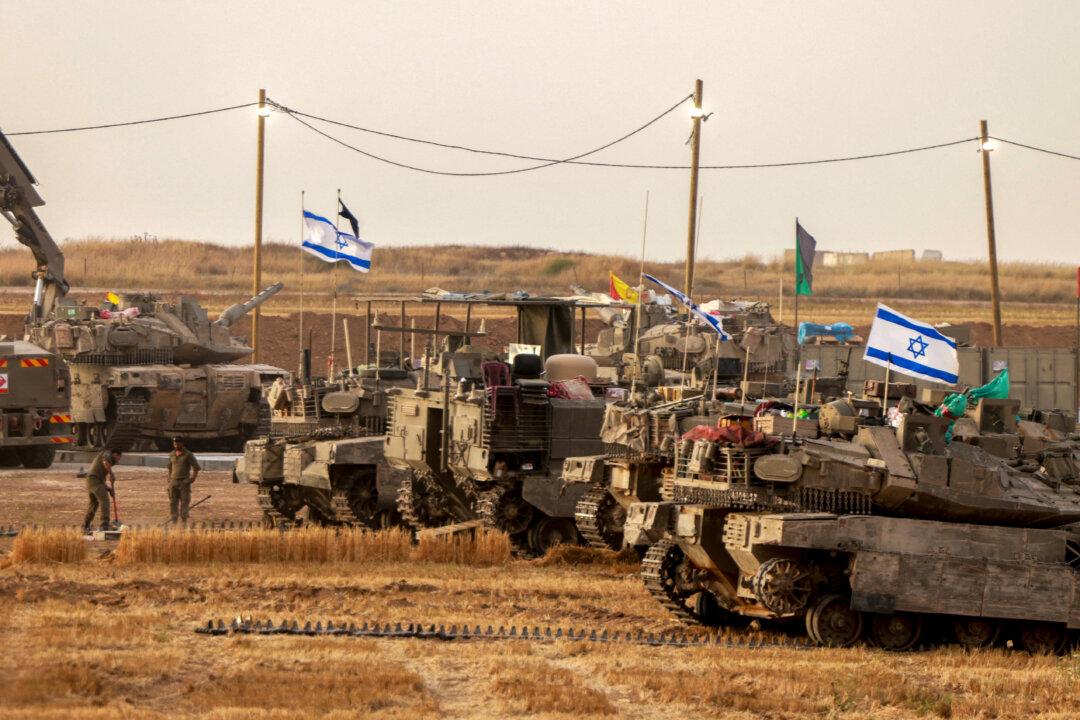Israel has launched an extensive new campaign aimed at seizing control of more of the Gaza Strip as it seeks a definitive end to the war there.
A post on the Israel Defense Forces’ (IDF) X page states that the campaign was named Operation Gideon’s Chariots, a reference to the ancient Jewish military leader whose exploits are documented in Jewish and Christian holy texts.




